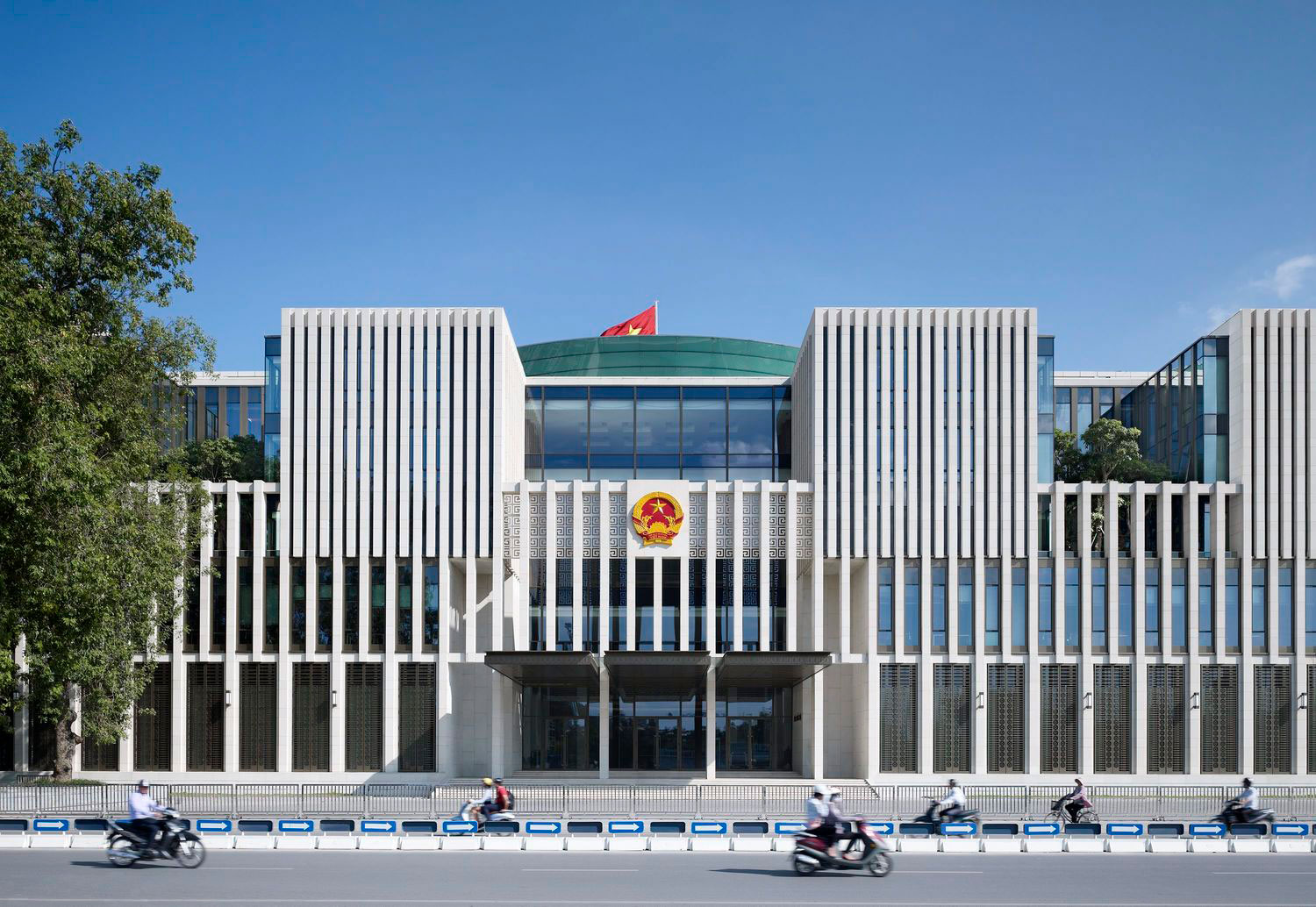On 17 October 2018 the European Commission adopted an investment protection agreement with Vietnam, at the same time as a free trade agreement. This paves the way for the final signature and conclusion of the investment protection agreement.
Under Article 2.3 of the investment protection agreement each party is required to allow to investors of the other party, with respect to the operation of the covered investments, treatment no less favourable than that it gives in similar situations to its own investors and to their investments.
Under Article 2.4 each party is also required to allow to investors of the other party, with respect to the operation of the covered investments, treatment no less favourable than the treatment it gives in similar situations to investors of a third country and their investments. However a number of sectors including fishery, forestry, mining, oil and gas are not covered by this provision. Also this MFN treatment does not extend to treatment granted under a bilateral, regional or multilateral agreement (such as the ASEAN Economic Community) which includes commitments to abolish substantially all barriers to investment among the parties.
The investment protection agreement also includes modern rules relating to enforcement of the provisions. The agreement in Article 3.3 first sets out a procedure for consultations between the parties, and Article 3.4 provides for a mediation procedure. The agreement provides in Article 3.5 for the establishment of an arbitration panel at the request of the party that sought consultations. Appeals can be heard by an Appeal Tribunal.
The investment protection agreement will replace the bilateral investment agreements that 21 EU Member States have previously concluded with Vietnam. Vietnam is the EU’s second largest trading partner within ASEAN, after Singapore.
The investment protection agreement with Vietnam, together with a similar investment protection agreement recently concluded by the EU with Singapore, will make further progress towards maintaining high standards and rules in the ASEAN region. It is hoped that the agreement will help to pave the way for a future region-to-region trade and investment agreement.














